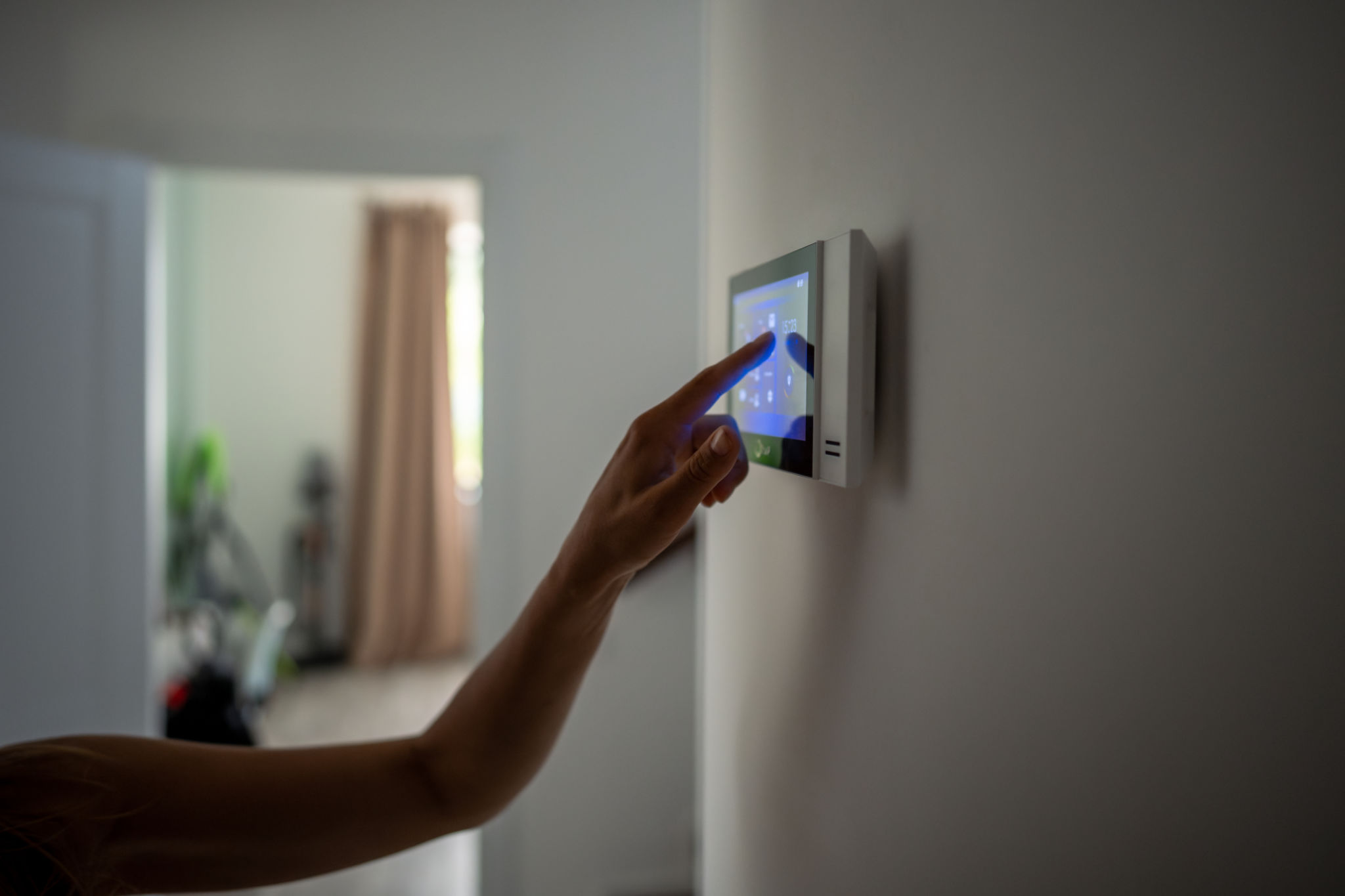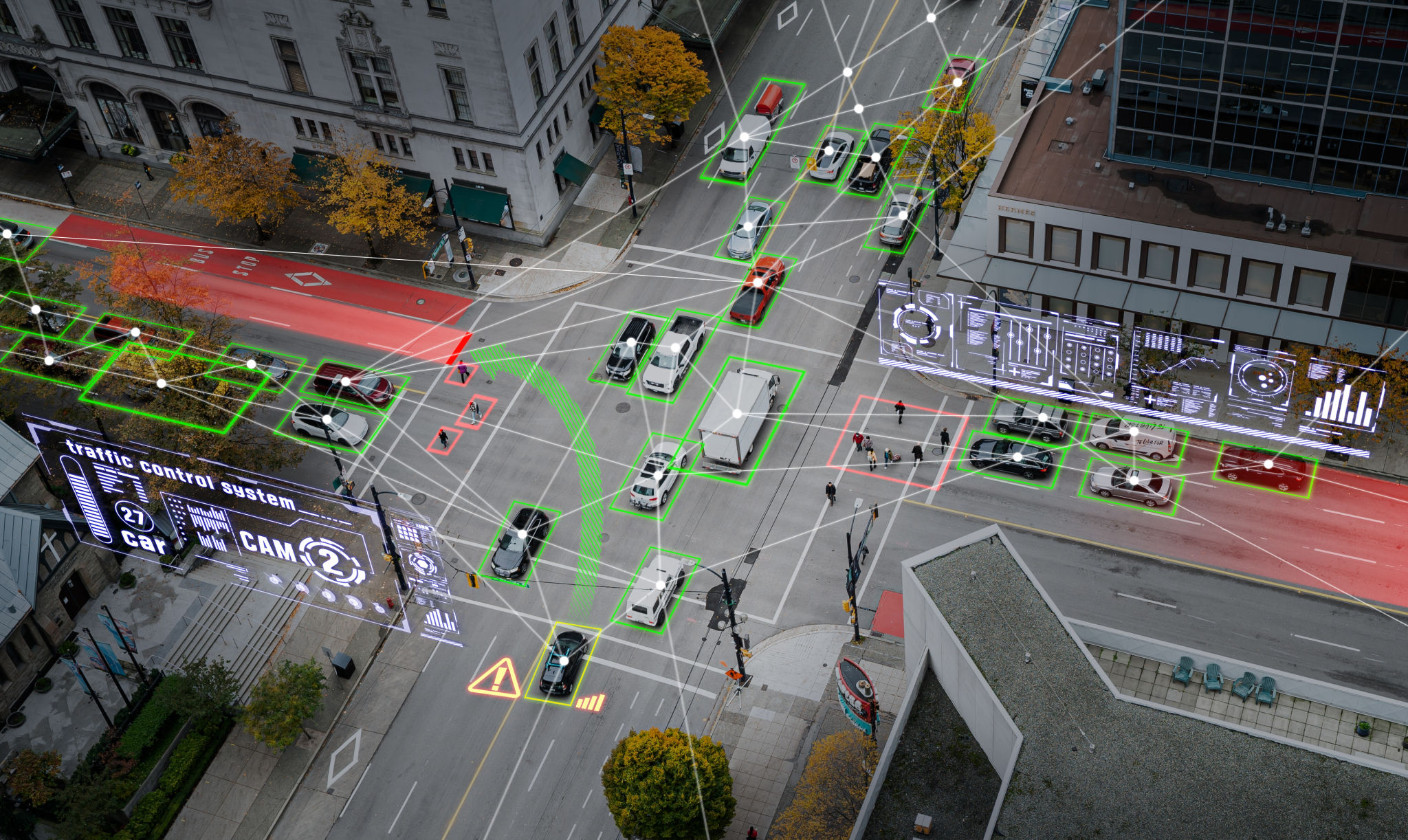Smart Home Upgrades for Energy Efficiency: A Comprehensive Guide
Introduction to Smart Home Upgrades
As technology continues to advance, smart home upgrades have become more accessible and popular among homeowners. These upgrades not only enhance convenience and security but can significantly contribute to energy efficiency. By integrating smart technology into your home, you can reduce energy consumption, lower utility bills, and contribute to a more sustainable environment.

Smart Thermostats: The Heart of Energy Efficiency
One of the most effective smart home upgrades for energy efficiency is the installation of a smart thermostat. These devices learn your schedule and temperature preferences, adjusting heating and cooling automatically to optimize energy use. Features like remote control via smartphone apps and integration with voice assistants make them incredibly convenient.
Smart thermostats can lead to significant savings on energy bills by ensuring that your HVAC system runs only when needed. Many models provide detailed energy usage reports, helping you understand and further optimize your consumption patterns.
Smart Lighting Solutions
Lighting accounts for a substantial portion of household energy use. Smart lighting solutions, such as LED bulbs with connected technology, can drastically reduce energy consumption. These systems allow you to control lighting remotely, set schedules, and even adjust brightness based on natural light availability.

Many smart lighting systems integrate with motion sensors, ensuring lights are only used when necessary. This feature is particularly useful for outdoor lighting, where energy waste is common. Incorporating dimmers and color temperature adjustments can also contribute to creating a comfortable and energy-efficient living environment.
Energy-Efficient Smart Appliances
Modern smart appliances are designed with energy efficiency in mind. From refrigerators to washing machines, these devices offer features such as energy monitoring, adaptive learning, and remote operation. Smart refrigerators, for example, can alert you if a door is left open or if the temperature fluctuates beyond optimal levels.
When selecting smart appliances, look for those with an Energy Star rating. This certification ensures that the appliance meets strict energy efficiency guidelines set by environmental agencies. Over time, these appliances can lead to substantial reductions in electricity consumption.

Smart Plugs and Power Strips
Smart plugs and power strips are simple yet effective tools for improving energy efficiency. These devices allow you to control power to appliances and electronics remotely, preventing unnecessary energy use from devices left on standby.
With smart plugs, you can schedule devices to turn off automatically when not in use or monitor energy usage in real-time. This feature is particularly beneficial for devices that consume significant power even when idle, such as entertainment systems and computers.
Integrating Smart Sensors
Smart sensors play a crucial role in creating an energy-efficient home. These devices can detect motion, temperature changes, humidity levels, and more. By integrating sensors with your smart home system, you can automate responses to environmental conditions.
For instance, smart sensors can adjust blinds to maximize natural light, regulate heating or cooling based on occupancy, or notify you of water leaks to prevent wastage. These proactive measures not only save energy but also protect your home from potential damage.

Conclusion: Embracing a Smarter Future
Investing in smart home upgrades for energy efficiency is a wise decision for any homeowner seeking to reduce their carbon footprint and save on utility costs. With advancements in technology, these solutions are becoming more affordable and easier to implement.
As you consider upgrading your home, focus on integrating devices that align with your lifestyle and energy usage goals. By doing so, you'll not only enjoy a more comfortable living environment but also contribute to a more sustainable future for generations to come.